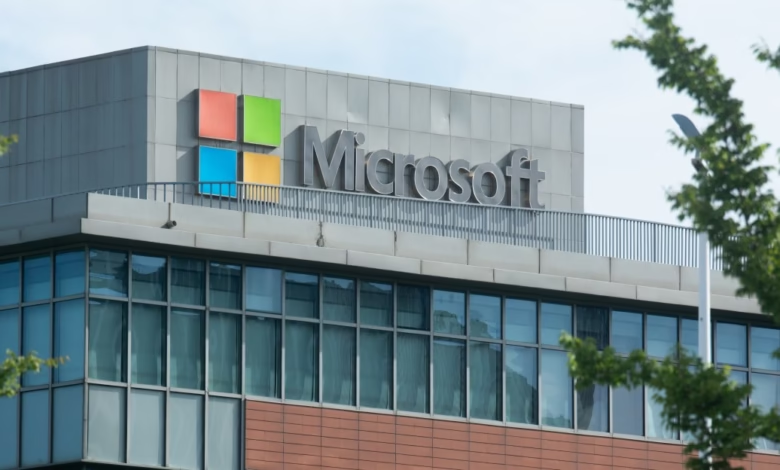Microsoft Layoffs Fuel Employee Fear and Culture Concerns

▼ Summary
– Microsoft has laid off around 15,000 employees in recent months, marking its largest job cuts in over a decade, with morale at an all-time low.
– The layoffs are part of Microsoft’s restructuring around AI, with leadership choosing deep headcount reductions over cutting AI infrastructure investments.
– Gaming divisions like Xbox and studios such as Rare, ZeniMax, and Blizzard were heavily impacted, with game cancellations and role eliminations.
– Microsoft is pushing AI adoption internally, requiring some employees to use AI tools and replacing traditional sales roles with technical “solutions engineers.”
– The company’s shift to AI has created a culture of fear, with employees facing sudden layoffs and pressure to adapt to AI-driven changes.
Microsoft’s recent wave of layoffs has sent shockwaves through the company, leaving employees anxious about job security and questioning the tech giant’s cultural direction. Over the past few months, nearly 15,000 positions have been eliminated, the largest workforce reduction in more than a decade. Conversations with current and former employees reveal widespread concern as the company aggressively pivots toward AI, often at the expense of long-standing teams and projects.
The cuts have been far-reaching, affecting divisions from gaming to cloud services. Xbox studios like Rare, The Initiative, and Turn 10 have faced significant losses, with high-profile game cancellations and entire teams disbanded. Even veteran employees with decades of service, including engineers and strategists instrumental in shaping Microsoft’s products, were not spared. The abrupt nature of some terminations, including employees learning of their layoffs while on vacation, has only deepened frustration.
Behind the scenes, leadership reportedly faced a tough choice: scale back AI investments or slash operating costs. The decision to prioritize AI infrastructure has reshaped the company’s workforce, with traditional roles increasingly replaced by technical positions focused on AI integration. Some laid-off employees have been told to reapply for new roles, while others see their former responsibilities handed over to the very AI tools they helped develop.
The shift hasn’t been without controversy. Tone-deaf internal communications, like suggesting displaced workers seek career advice from AI chatbots, have fueled resentment. Meanwhile, executives openly celebrate AI-driven cost savings, including $500 million in call center efficiencies, even as job cuts continue. Mandates requiring employees to use AI tools in their daily work, with performance evaluations tied to adoption rates, further underscore the company’s single-minded focus.
Microsoft’s gaming division has been hit particularly hard. Studios behind franchises like Forza and Halo now operate with skeleton crews, while projects like Everwild and Perfect Dark were scrapped entirely. The dismantling of Xbox’s user research team raises concerns about future game quality, especially after high-profile missteps like Redfall. Even mobile gaming hasn’t been immune, with Candy Crush maker King cutting hundreds of jobs and outsourcing work to AI.
The broader cultural impact is impossible to ignore. Once celebrated for its revitalization under Satya Nadella, Microsoft now risks fostering a climate of instability as employees brace for unpredictable restructuring. The company’s aggressive AI push, coupled with relentless cost-cutting, marks a stark departure from the collaborative, innovation-driven ethos that defined its recent resurgence.
As Microsoft races to dominate the AI sector, the human cost of this transition continues to mount. For those still at the company, the message is clear: adapt to AI or face uncertainty. Whether this gamble pays off, or erodes the very talent that built Microsoft’s success, remains to be seen.
(Source: NewsAPI Gaming Hardware & Accessories)





